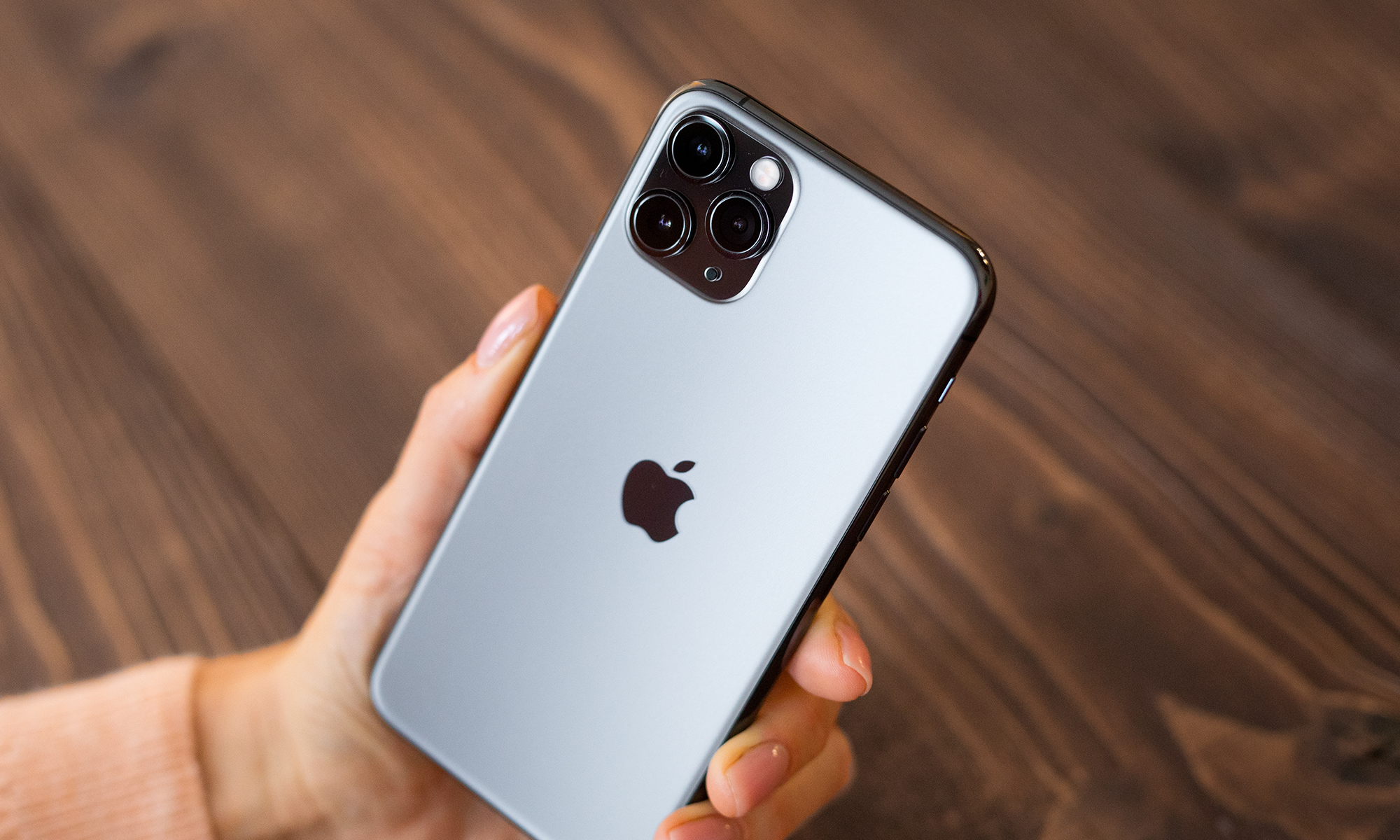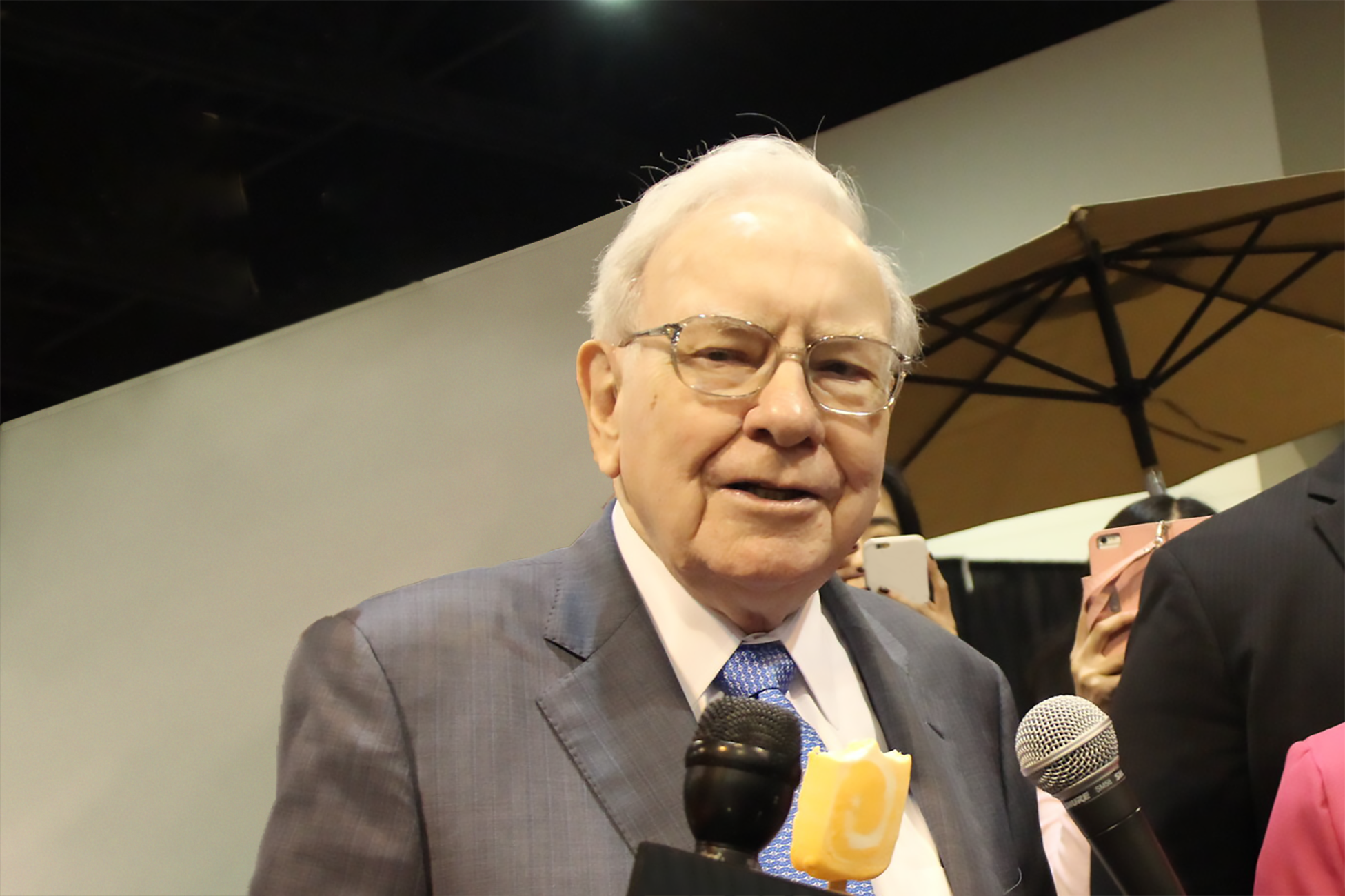Apple (AAPL +2.97%) officially announced in June that it would be jumping into the smart speaker market with its Siri-powered HomePod. The Mac maker is hoping to start shipping the device in December, and since it has no current products in that category, pre-announcing it could put prospective Amazon Echo buyers on the sidelines until they see what Apple has to offer.
Just don't expect there to be a lot of inventory at launch.

HomePod is expected to launch in December. Image source: Apple.
Help wanted
The Nikkei is reporting that Taiwan-based Apple supplier Inventec, which is the contract manufacturer that Apple has tapped to assemble the HomePod, is offering cautious comments regarding the upcoming launch. "We will finally ship the smart home device this year, but its contribution will be fairly limited and hopefully that will improve next year," Inventec exec David Ho told analysts and reporters.
Ho did not specifically name the device as the HomePod, but that product is widely understood to be what Ho was referring to. Inventec also manufactures Apple's AirPods, which have been in short supply ever since launching last December following delays. Even now, eight months after launch, new orders for AirPods are quoted shipping times of four weeks.
The report estimates that Inventec may only ship 500,000 units in 2017, citing estimates from analyst Arthur Liao. Shortly after Inventec begins shipping, Foxconn is expected to supplement production starting in 2018, which should help Apple ramp production.
That won't be nearly enough
Although I'm somewhat skeptical about HomePod's prospects (mostly because Apple has unsuccessfully made this same high-fidelity audio play before), half a million units won't hardly be enough to accommodate demand. HomePod will initially launch in the U.S., the U.K., and Australia. The U.S. is the largest of those markets.
Apple had an iPhone installed base in the U.S. of approximately 132 million at the end of 2016, according to Consumer Intelligence Research Partners (CIRP). If HomePod could reach a conservative 5% penetration rate of that base in that one market, Apple would need roughly 6.6 million units.
The silver lining is that like AirPods and other accessories, HomePod won't be especially important financially in the grand scheme of things. It should be accounted for within Apple's other products segment, which also includes more significant products like Apple Watch. Other products revenue totaled $2.7 billion in the June quarter, or 6% of sales. That being said, HomePod does have more strategic potential for Apple's long-term smart home ambitions, a use case that explains precisely why Echo has become so popular.
Apple has some catching up to do on the smart home front, and supply constraints won't help one bit.






